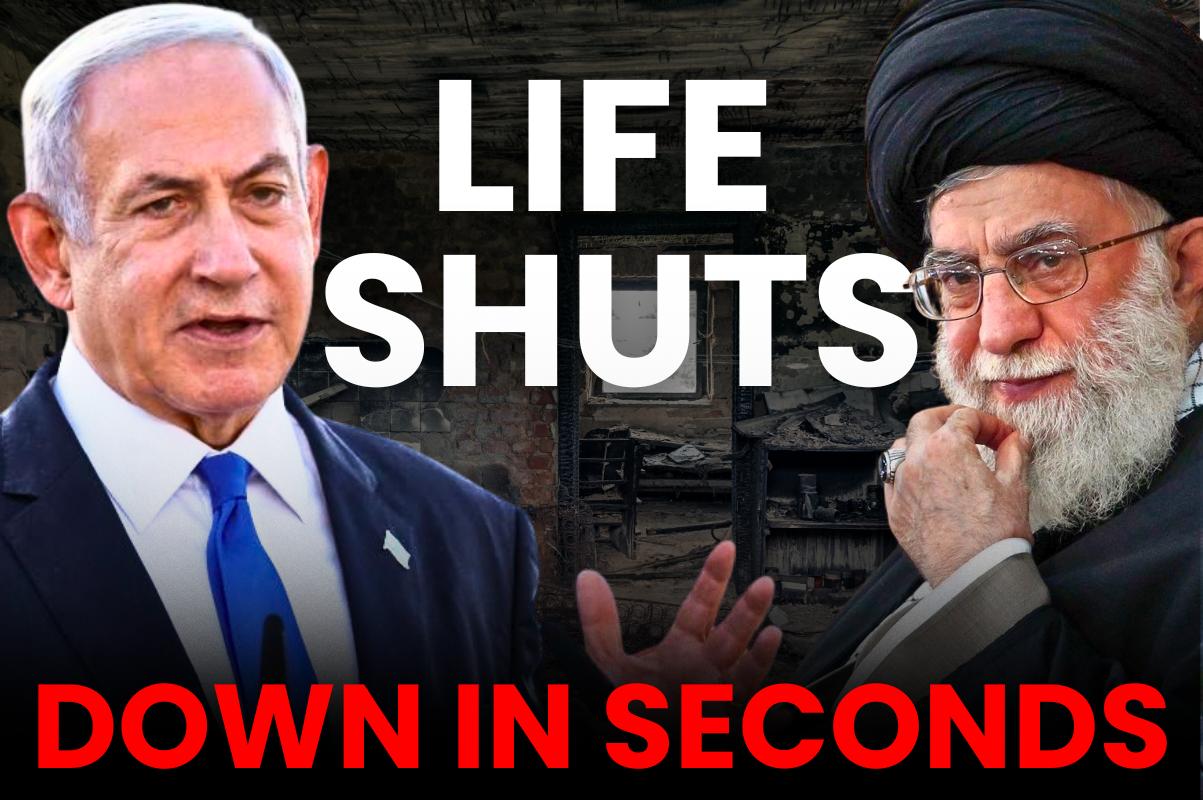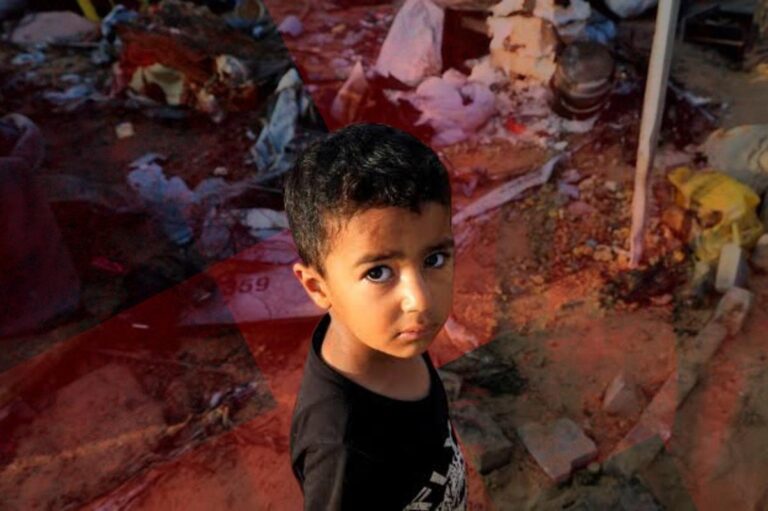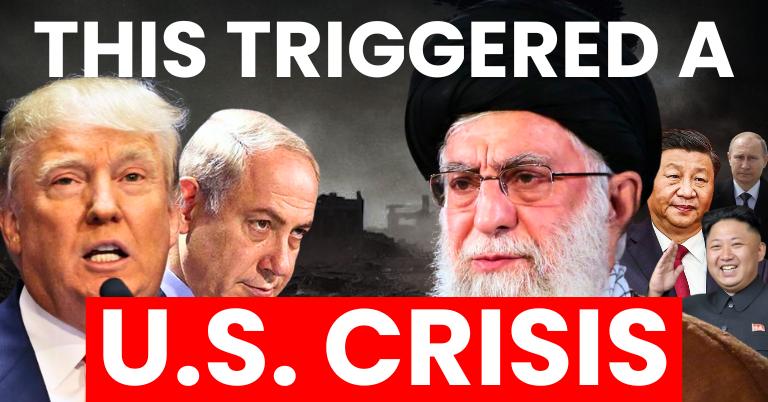How Iran-Israel Rocket Exchange Is Disrupting Life and Travel
In recent days, the escalating tensions between Iran and Israel have transcended geopolitical headlines, directly impacting the lives of ordinary people. What started as a series of strategic strikes has taken a concerning turn, with rocket exchanges bringing the harsh consequences of the conflict to civilian doorsteps. From critical healthcare facilities being struck to international air travel grinding to a halt. Let’s explore how iran-israel rocket exchange is disrupting life and travel plans of countless individuals.
Breaking Down the Iran-Israel Ceasefire Agreement Amid Tensions
The Battlefield Reaches Civilians: Hospitals Under Fire
One of the most distressing developments in the ongoing conflict is the direct impact on vital civilian infrastructure, particularly hospitals, which are meant to be sanctuaries in times of crisis.
Soroka Hospital in Israel
An Iranian ballistic missile struck the Soroka Medical Center in Beersheba, southern Israel, causing significant damage to a building used for surgeries. This facility serves over a million people from diverse communities. Prior warnings reportedly allowed most patients to evacuate, but several individuals sustained light injuries. Amidst rising smoke from the facility, emergency teams responded. The targeting of a medical center raises serious concerns about adherence to international humanitarian law.
Medical Facilities in Iran
The reciprocal nature of this conflict means that suffering is not confined to one side. Reports also indicate that an Israeli missile strike hit a hospital in Tehran, and a medical clinic in Iran’s Kermanshah province was damaged. These incidents, which occurred within a short span, highlight a dangerous trend where essential healthcare facilities become collateral targets, or even direct targets, severely hampering medical aid and access for civilians already in distress.
Grounding Global Travel: Airspace Chaos
The aerial exchanges have caused a series of disruptions in the aviation sector, transforming busy flight paths into no-fly zones and leaving thousands of travelers stranded.
Middle Eastern Skies Shut Down
As missiles soared, several Middle Eastern countries, including Qatar, Iraq, Jordan, Lebanon, Syria, and Iran itself, intermittently closed their airspace for commercial flights. This was particularly evident after Iran’s missile attack on the U.S. military base in Qatar, which led to temporary closures of Doha’s Hamad International Airport, a major global transit hub. Following suit, Bahrain and Kuwait also restricted their skies as a precautionary measure.
Ripple Effect on International Flights
The airspace restrictions in the Middle East, a vital corridor for flights between Europe, Asia, and Africa, have had a profound impact on global aviation. Airlines such as Air India, IndiGo, Emirates, Etihad Airways, British Airways, Air France-KLM, Singapore Airlines, and United Airlines have been compelled to cancel, divert, or reroute hundreds of flights. Consequently, passengers are facing longer travel times, increased fuel costs, and significant inconvenience. Many are encountering unexpected delays or being stranded at various airports. Major hubs in India, including Delhi and Kochi, have also reported numerous flight cancellations, affecting both domestic and international connections.
Beyond the Bombs: The Wider Human Impact
The rocket exchanges have caused a far-reaching impact, extending beyond immediate physical damage. Civilians on both sides have suffered casualties, including fatalities and injuries, highlighting the indiscriminate nature of these conflicts. Thousands have been displaced from their homes, seeking refuge from the bombardments. Additionally, affected areas have experienced internet blackouts, severely limiting communication and access to crucial information for those caught in the crossfire. The economic strain is evident, with disrupted trade routes, rising fuel prices, and general uncertainty affecting the livelihoods and daily necessities of millions. The psychological toll on populations living under constant threat of attack is immense, leading to widespread anxiety and fear.
Seeking Stability: A Fragile Path Forward
Amidst the devastation, diplomatic efforts continue, albeit with difficulty. While tentative ceasefires have been announced, their fragility is evident in continued reports of violations and reciprocal warnings. The international community watches anxiously, urging de-escalation and a return to diplomacy, as the human cost of this conflict continues to mount. The aspiration for a lasting peace remains strong, but the path to achieving it is fraught with complex challenges and deep-seated grievances.
Iran said on Tuesday that at least 610 civilians had been killed and more than 4,700 wounded in the Islamic republic since the start of the war with Israel on June 13.
Conclusion
The current rocket exchanges between Iran and Israel serve as a potent reminder of how geopolitical conflicts can swiftly and dramatically impact everyday life. From the distressing reality of hospitals under fire to the widespread chaos in global air travel, the consequences are deeply felt by countless individuals. As the region grapples with this escalating crisis, the urgent need for a durable resolution that prioritizes civilian safety and humanitarian access becomes ever more apparent, ensuring that life and travel can resume without the shadow of impending danger.
Also read, What Media Isn’t Telling You About Iran, Israel, and U.S.






